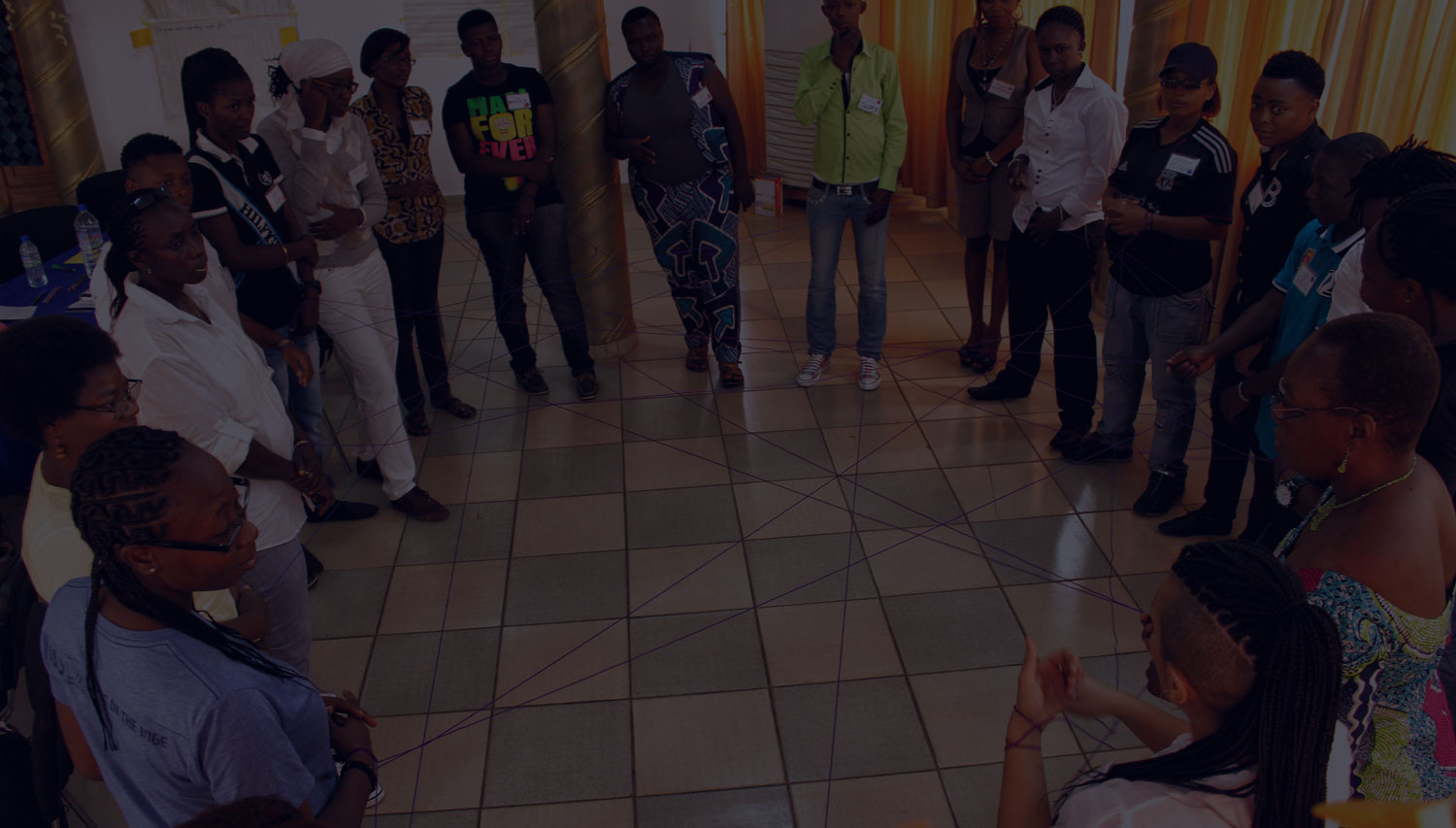The Queer African Youth Network (QAYN) is a queer and feminist organization founded in 2010 with the aim of establishing an extensive support network to promote the wellbeing and safety of lesbian, gay, bisexual, transgender and queer people in West Africa.
To us, wellbeing is having :
- self-determination to be the agents of our own lives.
- safety to be who we are free of harm.
- Stability to gain and maintain what we value in our daily live
- access to adequate resources to live a dignified live.
We are committed to building an autonomous movement led by lesbian, queer women, trans* and gender non-confirming young activists. Learn What We Do.

